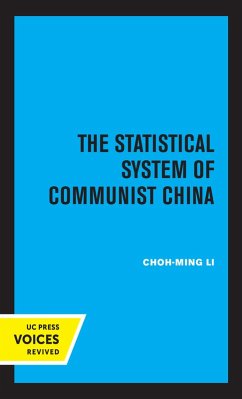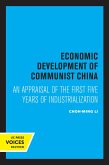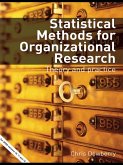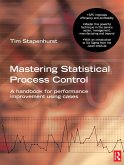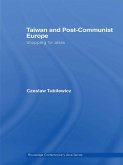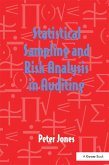One of the most baffling problems in contemporary Chinese economic studies concerns the validity of official statistics. In the continuing discussion of claims and counter-claims, appeals to common sense are unconvincing. Because of the pressing need for substantial evidence on which to base a judgment, the present inquiry is an important contribution to the literature on Communist China. The book provides a quizzical but objective look at the statistical system of the country, and attempts to appraise the quality of official statistics by analyzing the development and inner working of the sytem. Its approach is broadly historical, beginning with the pre-Communist period (before 1949) and dividing the next dozen years into phases: the foundation of the state statistical system (1952 - 57), the period of decentralization (1958 - 59), and subsequent efforts at reorganization. Li's study of the development of a national statistical system in China is particularly instructive in delineating both the obstacles to such development that may be expected in a densely populated, largely agricultural country and the measure that have been adopted to overcome them. Therefore his hard-headed conclusions concerning the Chinese experience should be of lively intrest in those underdeveloped countries that are now planning or executing development programs. This title is part of UC Press's Voices Revived program, which commemorates University of California Press's mission to seek out and cultivate the brightest minds and give them voice, reach, and impact. Drawing on a backlist dating to 1893, Voices Revived makes high-quality, peer-reviewed scholarship accessible once again using print-on-demand technology. This title was originally published in 1962.
Dieser Download kann aus rechtlichen Gründen nur mit Rechnungsadresse in A, D ausgeliefert werden.

